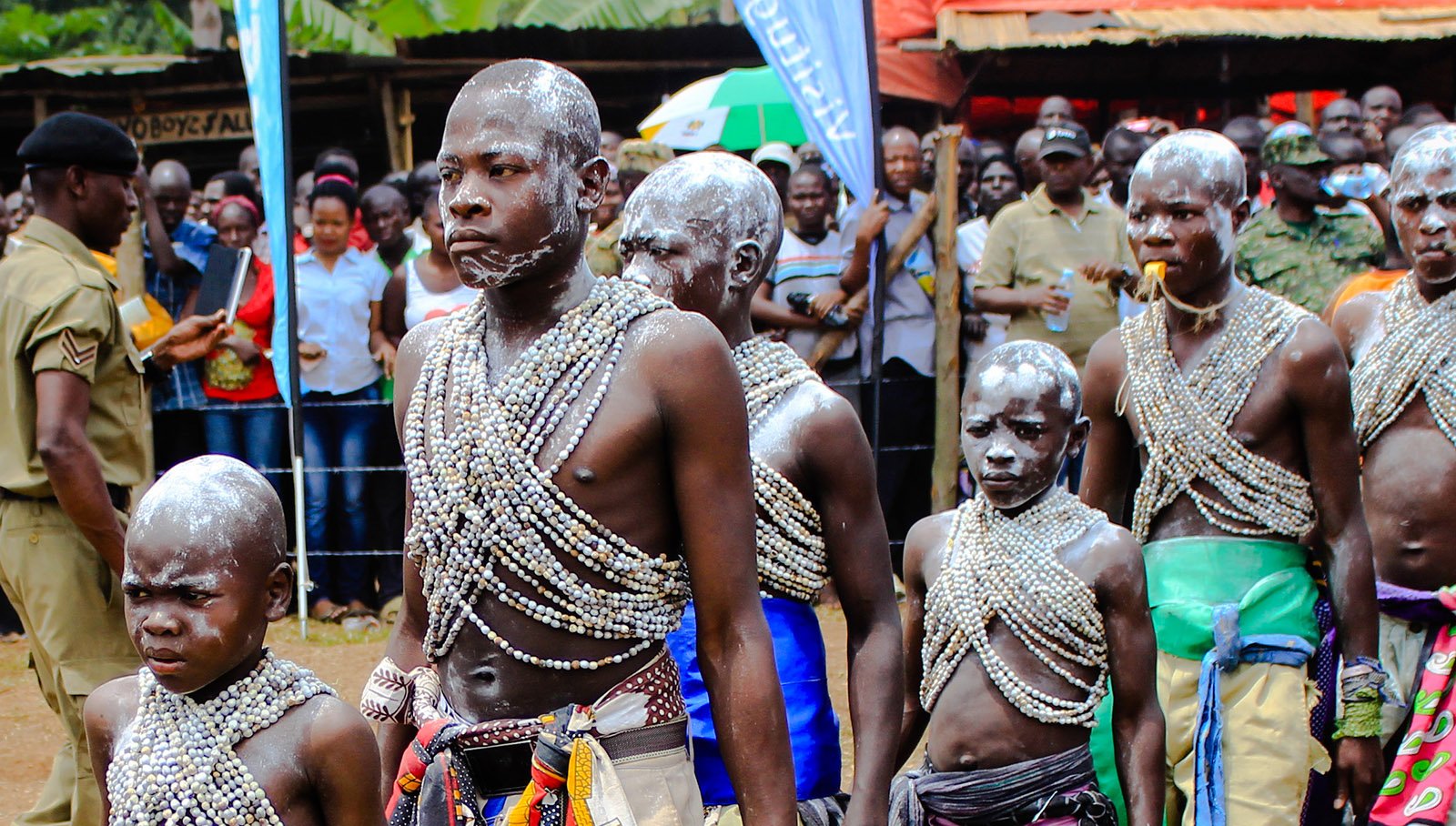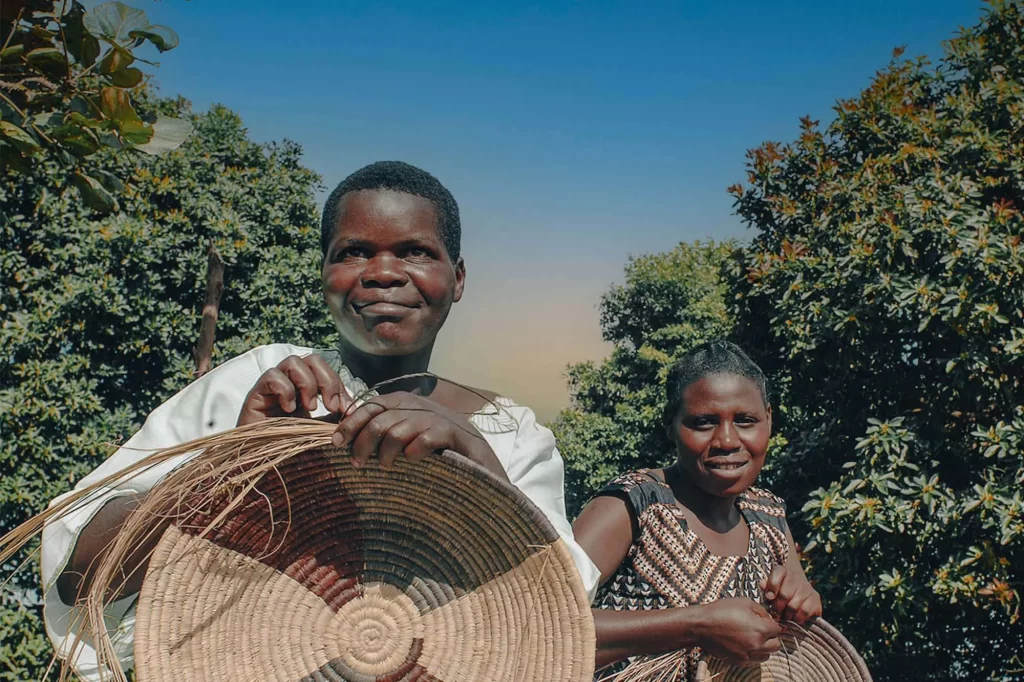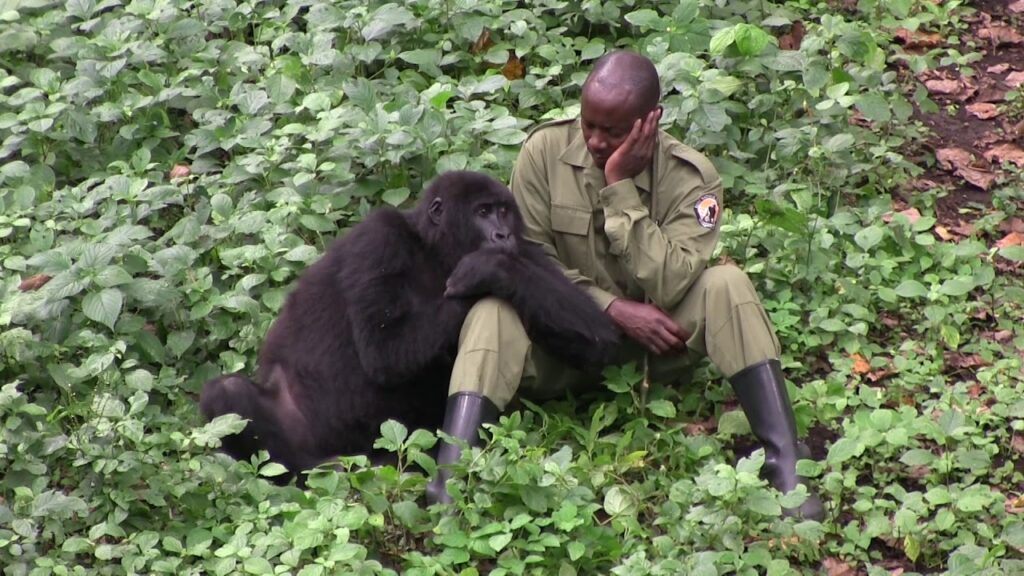Uganda Culture and Etiquette
Uganda Culture and Etiquette, Individuals traveling to a distant country must recognize that they will encounter other individuals, and where there are people, there exists a distinct way of life and an array of cultures with which they identify. A visit to Uganda will immerse an interested traveler in a multitude of cultural practices and norms of etiquette. One must possess a fundamental understanding of how to navigate the beliefs, cultures, and social behaviors to genuinely appreciate their experience in Uganda.
As a global populace, we are fortunate to inhabit an era that facilitates the intersection and intertwining of diverse cultures. Uganda is an exceptionally hospitable location, allowing travelers to effortlessly navigate its diverse customs, cultures, and people.

Generally, the populace of Uganda is characterized by a relaxed demeanor, friendliness, and tolerance. A visitor on a safari in Uganda would need to engage in an egregious act to provoke a severe conflict with a Ugandan.
Nevertheless, akin to any other nation, Uganda possesses its own cultural norms and etiquette. Although travelers exhibit tolerance, it is beneficial to minimize the frequency of irritations. This examination focuses on Ugandan cultures, the mentality of its people, and methods for immersing oneself in the local experience for an authentic journey.
Greetings, Ugandan Culture and Etiquette
The key aspect to understand in Uganda’s cultures and local etiquette is the significance of formal welcomes.
Rural Ugandans, similar to other Africans, typically engage in extravagant greetings. To create a favorable impression on an English speaker, whether a waiter or a shop clerk, particularly in a governmental context, it is advisable to emulate their behavior. When seeking directions, it is impolite to abruptly transition into inquiry without first engaging in courteous conversation.
While the majority of Ugandans possess some proficiency in English, the Swahili greeting “Jambo” or the Luganda phrase “Oli otya,” accompanied by a grin and a nod, suffices for those lacking English skills.

For additional information about greetings in the Luganda language, go to “Some Common Ugandan Words You Will Encounter on Safari and Their Pronunciations.”
Explore 54 tribes and anticipate an extensive examination of some of the most dynamic lifestyles on the planet with our exclusive Uganda cultural trip or encounter Safaris Tour. We will immerse you in the historic Ugandan lifestyle, obscured from global awareness.
The tourism experience in Uganda, from the renowned Karamojong in the north to the Buhoma settlement in the south, is poised for enhancement. Step onto the periphery of Uganda’s national parks, where numerous lives have historically relied on the natural resources harvested from these wildlife reserves. A cultural trip in Uganda enables you to immerse yourself in the traditions of the tribe and experience a lifestyle vastly different from your own.
Experience of the Uganda Cultural Village
Following your Uganda wildlife safari, explore the cultural village experiences near the national parks and game reserves to immerse yourself in authentic Ugandan life. Engage in the preparation and tasting of regional specialties, create or purchase artisanal products, and tour plantations to understand the cultivation, harvesting, and local processing of food.
Boumu Women’s Group – Ugandan Culture and Etiquette
The Boumu Women’s Group, created in 1999, serves as a local Ugandan culture and etiquette experience center aimed at enhancing village life through income-generating activities that combat poverty, malnutrition, and promote educational retention for children. The group originally comprised solely women, but it now also welcomes men.

Batwa Community – Ugandan Culture and Etiquette
Additional cultural village experiences in Uganda’s tourism encompass the Batwa community, KAFRED, among others. These cultural village experiences offer options for excursions that encompass Ugandan cultural practices, including agriculture, herbal cooking, music, dancing, theater, local cuisine preparation and tasting, arts and crafts, and even a visit to a local school to interact with children.
This unique village experience in Uganda is appropriate for both residents and visitors. Participating on a safari in Uganda contributes to the enhancement of healthcare, education, and various social services for the local population. The residents’ lives are enhanced by engagement in income-generating activities, including the sale of antiquities and provision of local guiding services.
Communication Culture in Uganda
Ugandans predominantly employ indirect communication, utilizing narratives and proverbs to convey messages, necessitating the listener’s implicit understanding. Greetings and casual conversation typically precede discussions on significant commercial matters.
In Ugandan societies, emotions are authentically conveyed among adults; Westerners may perceive this as disingenuous severity or scolding.
Humor significantly influences communication among Ugandans, as most individuals appreciate a good joke. It is advisable to refrain from sarcasm, as it may not be well conveyed, if at all.
Due to the intimacy among Ugandans, personal space is significantly limited, particularly during communication. Individuals frequently converse in proximity, within less than an arm’s length of distance. Personal space is virtually absent on public transportation. It is commonplace to observe individuals densely packed into a bus or minibus taxi akin to a heap of tomatoes. In rural regions or at peak hours in urban areas, the situation is exacerbated as individuals are densely packed together to board the final Matatu home.
In Ugandan culture and etiquette, individuals of the same sex are permitted to engage in conversation while softly caressing. It is customary to observe individuals conversing on the street while making physical contact with their hands, arms, and shoulders. When individuals of the opposite gender converse, there is minimal to no physical contact. The sole acceptable form of physical contact is typically a handshake.

Ocular Engagement
Typically, Ugandans favor indirect eye contact when engaging in communication with individuals of higher social rank or foreigners. This does not imply that direct eye contact is prohibited, but sustained eye contact throughout conversations is not essential. Certain Ugandans may see excessive direct eye contact as confrontational, particularly rural women and children, who tend to avert their gaze while interacting with men, elders, or foreigners.
